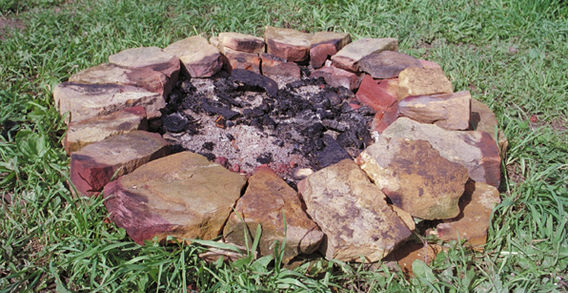CONCEPTUAL ARTIST - PRINTMAKER
BIO

My name is Larry Stark and I've been an artist since 1967. My work has been purchased by seventy public institutions including: The Museum of Modern Art, The Smithsonian Institution, The National Gallery of Canada, The Fogg Art Museum at Harvard University and The Detroit Institute of Art. I've had one person exhibitions at over fifty public institutions including The Chicago Art Institute. I've shown at many commercial art galleries including Castelli Gallery in New York and The Morgan Gallery in Kansas City. I used to take photographs and silk screen them as limited edition prints on paper or as unique images on canvas. Now I make photographic ink jet prints. I do weird projects too and call them art. I believe that is the definition of conceptual art. Just kidding! The conceptual art movement was founded by artists who believed the concept behind a work of art is more important than the artist's product.
Barbara Benson and I married in January of 1961 and we have 5 children: Marc Benson, Aaron Jay, Aphrodite, Isis Athena and Buffalo Zeus. We have 11 grandchildren. The oldest turned 33 in December, 2019. We had a dog named Joe, but he died in 2011. We now get Zeus and Lori's dog, Freda, on weekends. Our house is unfinished and it will always be un-finished. The zoning commissioner where we used to live in Minnesota recently asked in an email if we ever lived in a finished house. "Years ago when we rented."









